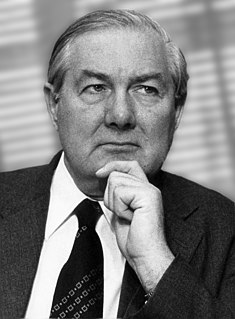A Quote by Stella Benson
The Law likes to be argued with. Take away words and where is the Law? Silence always annoys it.
Related Quotes
The law is more easily understood by few than many words. For all words are subject to ambiguity, and therefore multiplication of words in the body of the law is multiplication of ambiguity. Besides, it seems to imply (by too much diligence) that whosoever can evade the words is without the compass of the law.
The law is equal before all of us; but we are not all equal before the law. Virtually there is one law for the rich and another for the poor, one law for the cunning and another for the simple, one law for the forceful and another for the feeble, one law for the ignorant and another for the learned, one law for the brave and another for the timid, and within family limits one law for the parent and no law at all for the child.
All I'm doing is I'm filling out my tax returns - or my accountants are, and I'm paying whatever I'm supposed to pay, though I'm giving away a large amount of the money and that probably lowers my tax rate because I'm giving away so much money. But change the law, but don't blame me for the law. I'm not writing the law. I didn't write the law.
There is one all-important law of human conduct. If we obey that law, we shall almost never get into trouble. In fact, that law, if obeyed, will bring us countless friends and constant happiness. But the very instant we break the law, we shall get into endless trouble. The law is this: Always make the other person feel important.
We [Americans] inherited British law, which is like the new "reforms" that are being made now, in the sense that people are permanently entrapped in debt, if they once fall into bankruptcy. The reason that the law was changed in American history - the whole early period of the formation of the country was moving away from British law into a law that is generated here and that conforms to the sense of what is appropriate here.
The first rules about Islamic law weren't even written down for a century and a half after the Prophet's death, and it was another five centuries, half a millennium, before they assumed anything like a definitive form. So there have always been huge arguments over what Islamic law actually requires. There are four main schools of law in Sunni thought and there's a separate school of law in Shia thought, so these arguments do take place.






































